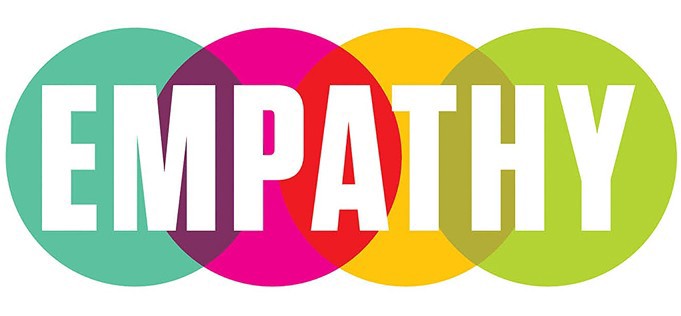A cornerstone of emotional intelligence is the ability to have empathy for others. Empathy is not the same as sympathy. Sympathy is the ability to express sorrow and to relate to the distress of another. On the other hand, empathy is the ability to share and experience the feelings of another person from their perspective. It is not just the understanding; it is the deeper feeling and experience of the emotion.
In times like these, the pandemic has caused a range of challenges for people of all walks of life. Businesses have closed, people have lost jobs, and families have lost loved ones that they were not allowed to grieve in the traditional way. Stress is up, mental health issues are increasing, and all this is occurring in times where social interactions are still limited and human contact is very difficult for the majority of the population.
All of this has an impact on the workplace and the workforce. Leaders in companies, managers, and team members need to be encouraged to show empathy and to treat others with compassion.
Listening and Accepting
One way to show empathy is to let people share their experiences of a situation. Rather than jumping in to solve the problem or telling them how you handled the same thing, accepting their perspective is a sign of empathy.
When people are allowed to share how something is impacting them, they feel genuinely heard. It validates and recognizes their experience. This ability to listen and learn allows us to put ourselves in their shoes and in their experience.
From this deep level of understanding, we can show compassion. Compassion is the emotional reaction to empathy. It allows us to offer support and help from a place of understanding.
Offering support from a place of empathy and compassion provides a meaningful and relevant solution. In these times, people all have different needs in the workplace. A solution for one person is not a solution for another, and cookie-cutter types of support may not address the underlying issues.
Building empathy means getting rid of biases and pre-conceived notions about our understanding of others. Everyone is not experiencing the pandemic the same way, but we are all experiencing dramatic differences in our lives. Giving people the gift of listening, opening up to other perspectives, and working to create meaningful solutions is a true skill for leaders at all levels to develop now and in the future.

